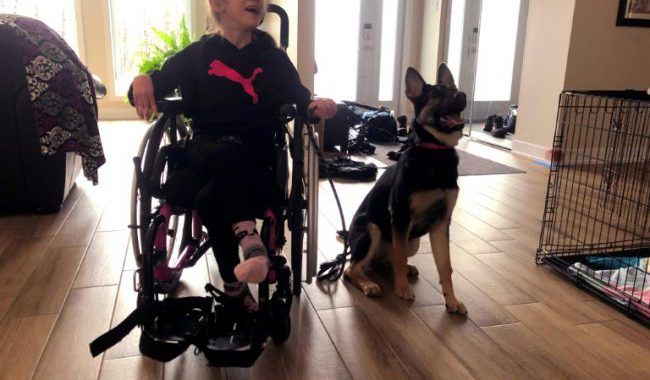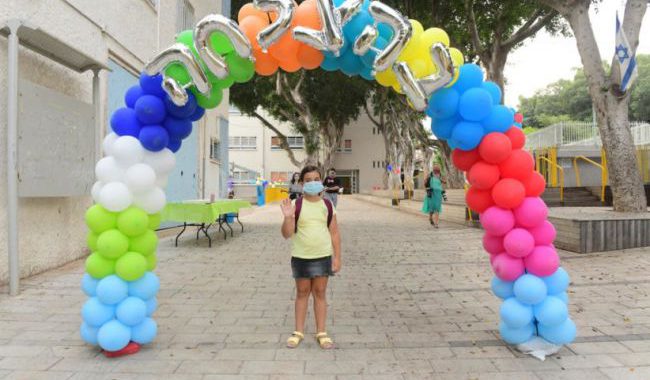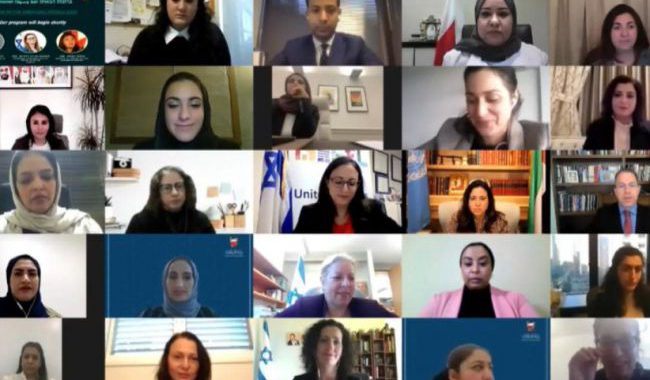Blind Sacramentans Are Adapting To Social Distancing — But Sighted People Should Help

Portrait of Darrell Horst.
Courtesy of Society for the Blind
Darrell Horst is nervous about riding public buses and light rail trains these days.
“Because I don’t know how close somebody is sitting to me,” he said. “And some people are very communicative and really help you with that and some are not.”
It’s the same when the 72-year-old goes to the post office or the grocery store. He can guess where people are based on what he hears, but he says gauging the six-foot distance is difficult.
Blind Sacramentans have needed to adopt new skills during the pandemic to help them navigate social distancing and adjust to remote work, something they say sighted individuals can help with..
“Part of being blind is you’re listening,” he said. “Sometimes you ask a person ‘can you tell me when you move forward?’ They might not say something. So my cane reaches out to touch their feet, so I can kind of tell that’s four feet already so I just back up a couple feet.”
And the floor decals that tell people where to stand are flat instead of raised, so a blind person might not be able to tell where they are, said Shari Roeseler, executive director of Society for the Blind in Sacramento.
“When we think of doing things to help with distancing, is there a way to have a texture on these things that a cane could feel,” she asked.
She says people who have full use of their vision should take responsibility to stay six feet away.
“That’s one of the ways we can all partner with folks in our community who are blind or low-vision to make sure distance is maintained.”
The organization has made efforts during the past few months to ensure blind people can stay connected to one another, even virtually. But Roeseler says there are skills that are best taught in person, such as walking with a cane.
A lot of their clients also need assistance with transit, so they’ve modified protocols for how many people can be in a vehicle at once. They’ve also been helping blind people who are new to working remotely.
“if they need additional accessible devices or a software program or an update so they can communicate with their office, we are working with our students on that,” she said.
Horst is retired, and says he misses the camaraderie he gets at Society for the Blind. He recently took a grilling class that they offered on Zoom.
“They’re really being proactive, and I think it’s great, because we could definitely be very isolated without that,” he said.
And he says blind individuals should be confident that they can adapt to social distancing and whatever else the pandemic brings, especially with support.
“They can teach you the skills you need to be independent and not feel like ‘I can’t do this.’” he said. “I hear that a lot and it bothers me because we can do it. We may have to do it a different way, and connect with different people to get it done, but we can.”









